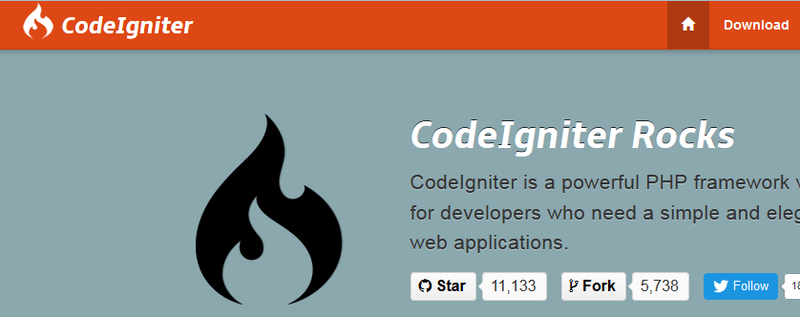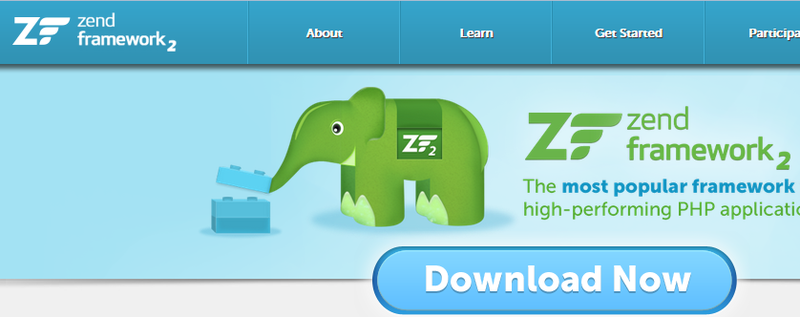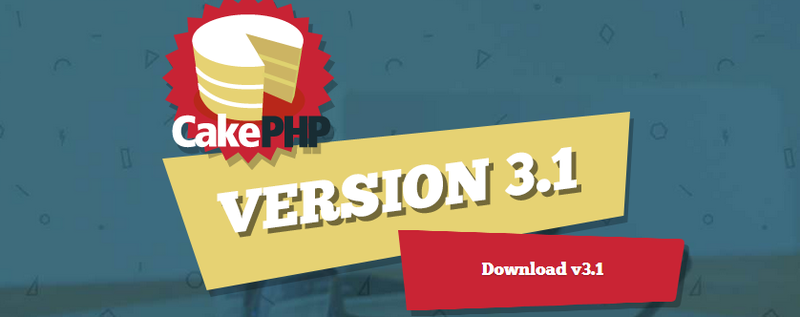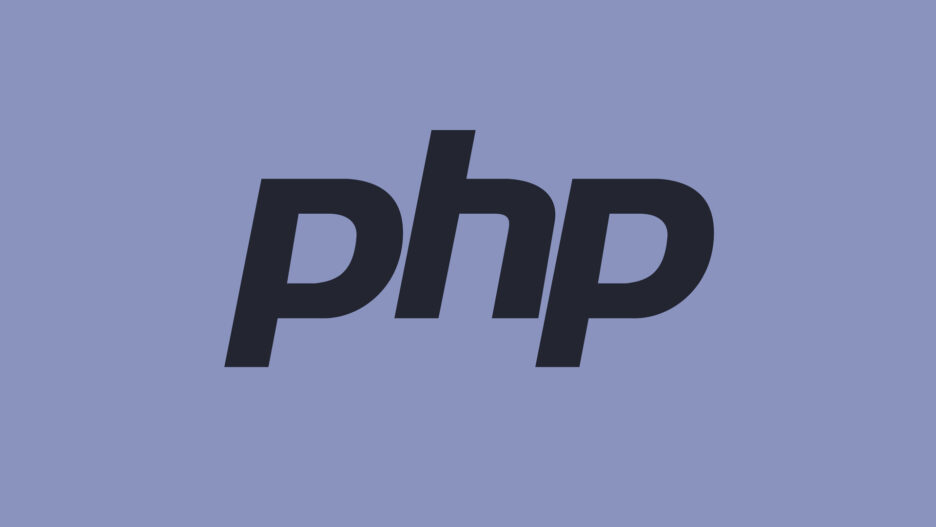This is a comparison of PHP frameworks that were popular in 2011 and are expected to transcend in 2012. It’s highly recommended to use the latest version of PHP framework in order to have all the features as well as to get the best support from web developers and contributors around the world. In case you do not know what PHP framework will fit your project best, this PHP framework comparison will help you to make the right decision.
Lets make a shortlist of the best PHP frameworks noted last year – codeIgniter, Zend Framework and cakePHP. Before going in-depth with these PHP frameworks, it’s recommended to understand the notion of MVC frameworks and their benefits.
CODEIGNITER

First in the list for the PHP Framework comparison is the codeIgniter. Users of codeIgniter are generally satisfied by the easy-to-use system that allows anyone to get started. The framework is also backed up with an easy-to-follow manual that even beginners can understand. For PHP Framework Comparison, codeIgniter is seen as very similar to CakePHP and quite different from Zend Framework.
Features:
- A framework with a small footprint.
- Exceptional performance.
- Broad compatibility with standard hosting accounts that run a variety of PHP versions and configurations.
- Requires nearly zero configuration.
- It does not require you to use the command line.
- It does not require you to adhere to restrictive coding rules.
- PHP developers is not forced to learn a templating language.
- Clear, thorough documentation.
ZEND FRAMEWORK

Zend framework is an excellent PHP framework and extremely popular. There are over 10 million downloads and over 500 contributors. It runs with newer PHP version and viewed as pro since it can make you utilize PHP5, which is more focused on objects. In Zend framework you can select which features you prefer to use such as free source and development path. This works well especially for experienced web developers. However, zend framework apparently doesn’t follow CoC unlike cakePHP. Users also noted many unnecessary configurations.
- Extensible and well-tested code base
- Flexible architecture
- No configuration files necessary to get going

CAKEPHP

CakePHP is the third most popular PHP framework in 2011. Web developers found it very easy to use because of its type development. It also includes scaffolding configurations that let you to experiment on basic database and system design even without the need to create a single view. This PHP framework has also created functional load arrays of related model institutions according on your model and database set-up.
Features:
- No configuration
- Extremely simple
- Active, friendly community
- Flexible license
- Clean code
- Best coding practices
- Object oriented





